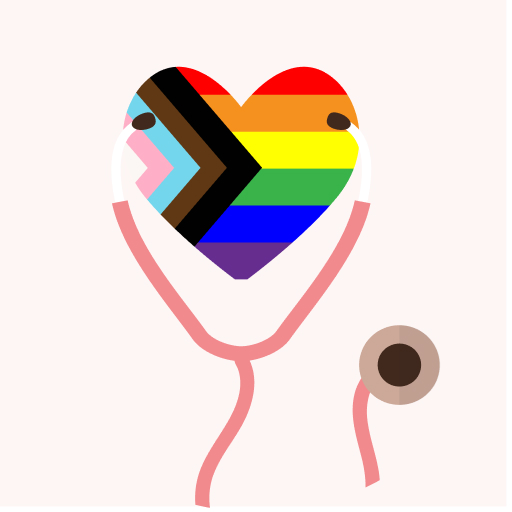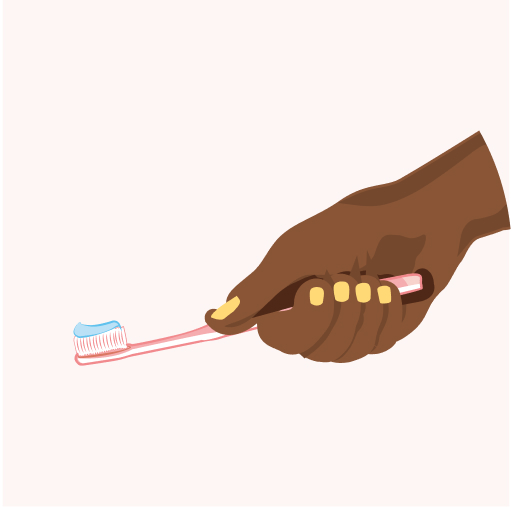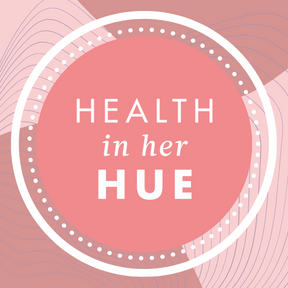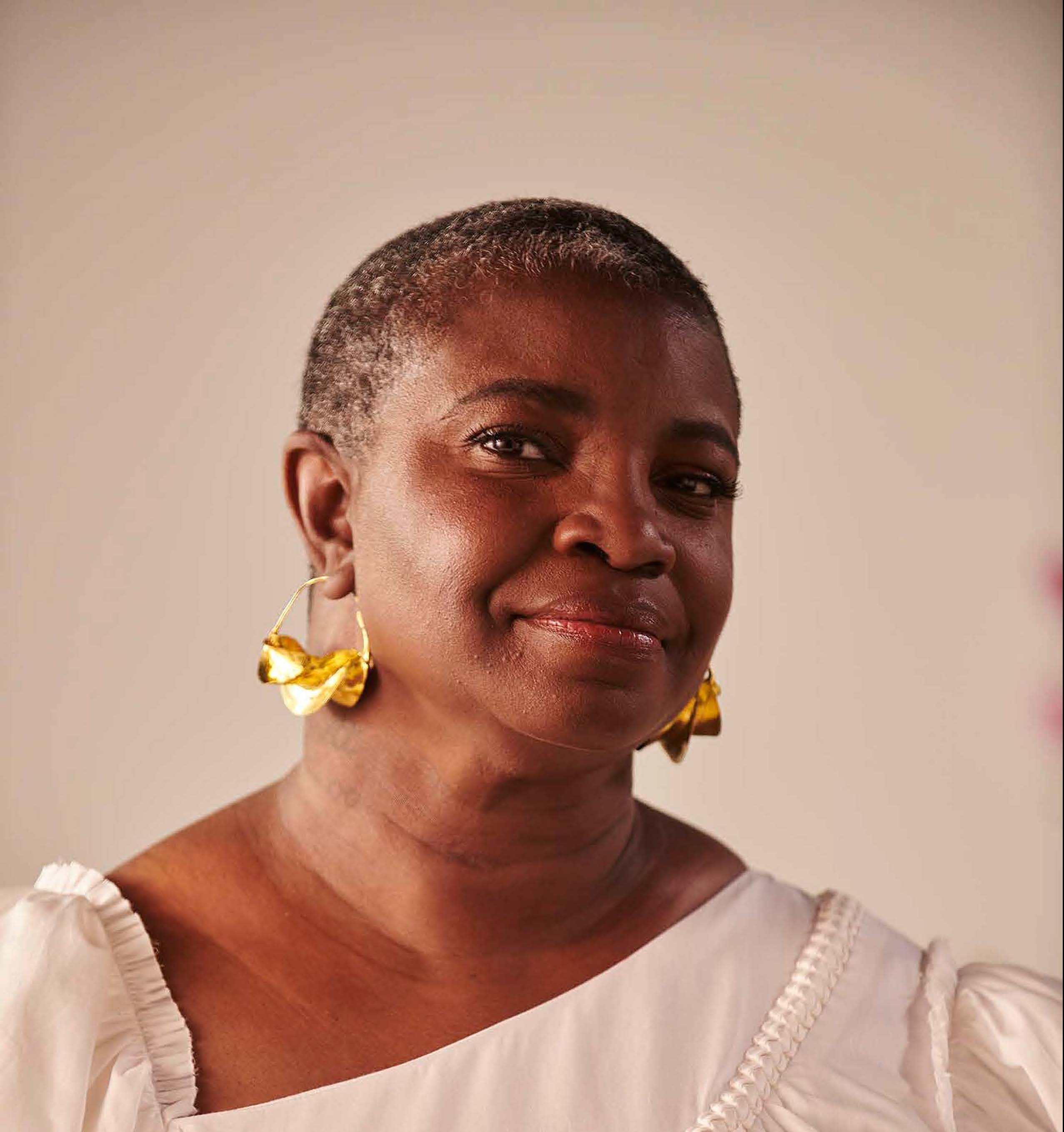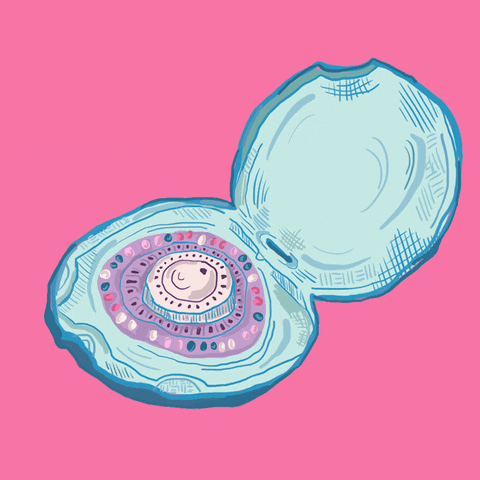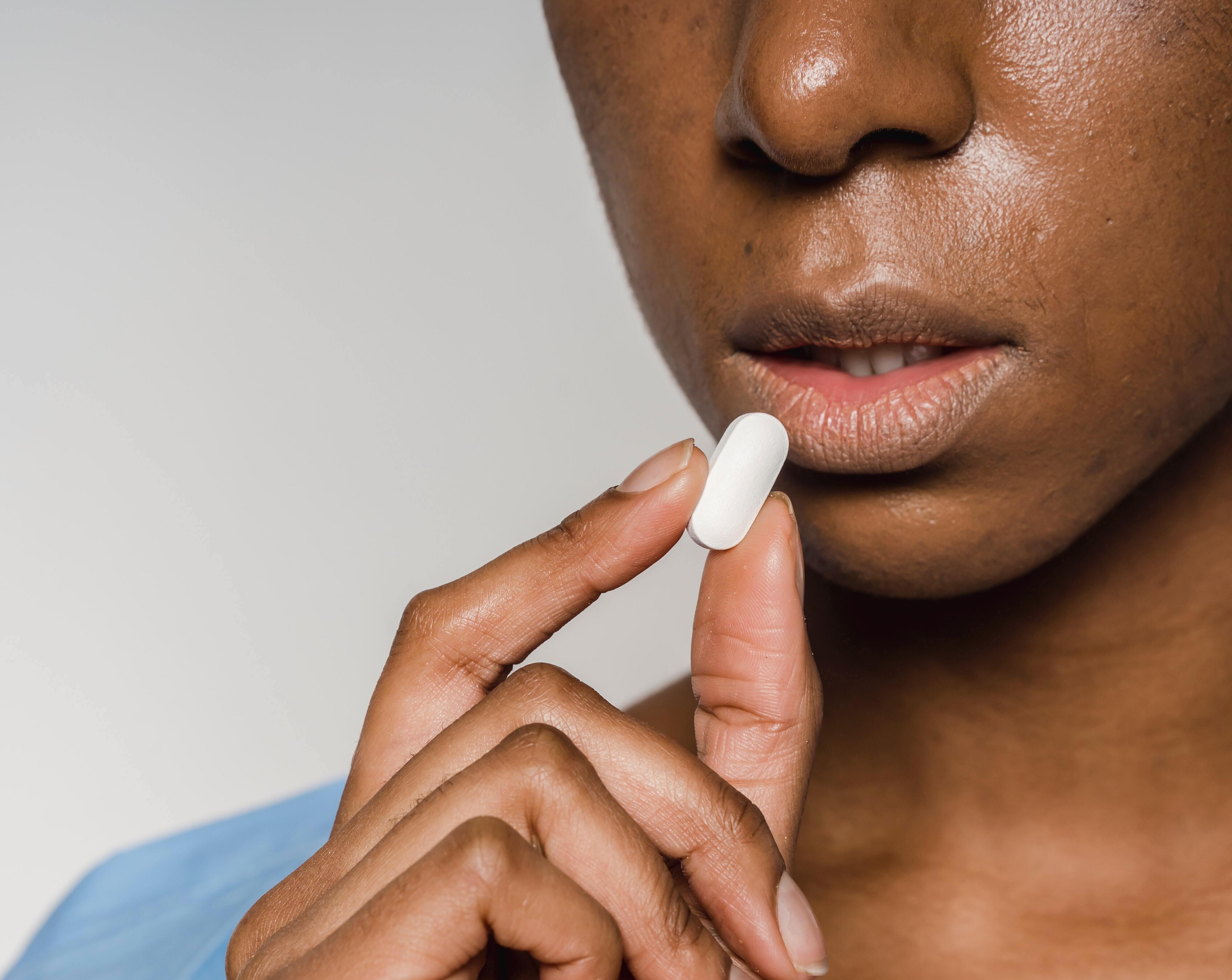
Inequitable Access to Contraception is a Modern Day Issue
“Popping Plan B’s cause I ain’t planned to be stuck with you…. Ladies, love yourself’ ‘cause this shit could get ugly ….”
– Megan Thee Stallion Song: Plan B
Megan Thee Stallion’s song, Plan B, was more than just a bop of 2022 but a much-needed woman empowerment anthem for all Black girls and women of color in a dire time when reproductive justice is in jeopardy. As of June 2022, the Dobbs v Jackson Women’s Health Organization ruling revoked abortion access as a constitutional right. The song is a reminder about accessibility, too. Let’s face it, without birth control and emergency contraception being affordable and accessible, only the privileged will have easy access to “popping Plan B’s.”
Most of us are familiar enough with Plan B to get the reference in Megan’s song, as Plan B One-Step, was one of the first FDA-approved, over-the-counter emergency contraception pills to hit the market. However, there are approximately 20 different brands across three types of emergency contraceptive pills we outline below. The first type is a pill with the hormone ulipristal acetate — Ella. Ella can be taken up to 5 days after unprotected sex, though it is best to take it as soon as possible. You’ll also need a prescription for it from your healthcare provider.
The second type of emergency contraception pill is levonorgestrel, including brand names like Plan B One-Step, My Way, New Day, and more. Levonorgestrel morning-after pills are available over the counter without a prescription and can be taken up to 3 days after unprotected sex. Similar to Ella, the sooner you can take it, the better. One thing to remember is that while you can purchase levonorgestrel emergency contraception pills over the counter, insurance typically will only cover it when it’s been prescribed for you.
The third type of oral emergency contraception is a combination birth control pill that has both estrogen and progestin hormones in it. You have to take much higher doses for emergency contraception than are used for regular birth control. It works best when taken within 5 days of unprotected sex under the direction of your healthcare provider. Still, it is generally less effective than the other types of emergency birth control pills.
It is important to note that emergency contraceptive pills work by decreasing the chances of pregnancy, and do not terminate an existing pregnancy.
In addition to emergency contraceptive pills, there are specific intrauterine devices (IUDs) that can act as emergency contraception. Hormonal IUDs and copper IUDs are typically used as long-term birth control, lasting between 3 to 10 years, depending on the type. But they can also be used by healthcare providers for emergency contraception, as “off-label” use. This means while IUDs have only been approved for use as long-term birth control, some research shows it can also work as emergency birth control. An IUD would have to be placed within 5 days of unprotected sex to be effective, and it requires an in-person visit with a healthcare provider.
“Should you ever need emergency contraception, there are many options available to you. So, talk to your healthcare provider about the best option for you. It’s also a good idea to keep an emergency contraception pill at home, just in case you ever need it.” says Dr. Karla Robinson, a physician partner at Twentyeight Health.
Equity is an essential component of reproductive justice, and without equitable access to reproductive health services, there is no equity. Nearly 19 million women of reproductive age in the United States live in a “contraceptive desert,” an area with a “lack of reasonable access to a health center that offers the full range of contraceptive methods.” Of those 19 million women, approximately 1.2 million do not have access to the full range of contraceptive methods available. Although the Affordable Care Act expanded coverage with a federal law requiring health insurance plans to cover the full range of contraceptive methods, including counseling and related services without out-of-pocket costs, nearly 14% of Black women are still uninsured compared to 8% of white women and need access to affordable birth control and emergency contraception.
Nearly 45% of all pregnancies in the United States are unintended. Women who have unintended pregnancies are more likely to delay prenatal care, experience violence, and struggle with their mental health. From a public health standpoint, there is an incentive to increase access to contraception to prevent unintended pregnancies and improve maternal-child health outcomes.
Only 20 states and the District of Columbia require hospital emergency rooms to provide emergency contraception to sexual assault victims. Additionally, under certain circumstances, a mere eight states allow pharmacists to dispense emergency contraception without a physician’s prescription. These policies make access to contraception more cumbersome and create added obstacles for those in need.
Reproductive justice is under attack in our current political climate, and it’s hard to ignore. As of December 2022, in approximately 13 states, abortion is banned, with that number expected to grow. To make matters worse, about 1 in 6 hospital beds are in Catholic healthcare facilities. Catholic hospitals must follow ethical and religious directives prohibiting abortion services, and facilities may not promote or condone contraception, including emergency contraception. Additionally, Crisis Pregnancy Centers (CPC) are anti-abortion nonprofit organizations that provide counseling explicitly intended to discourage and limit access to abortion. They also promote against the use of contraception and out-number abortion providers nationwide. The reproductive health landscape, even in 2022, is complex.
There are stark health inequities regarding contraception access, even today. With reproductive justice constantly under attack, it is vital to know the facts, understand your rights in your given state, and have a trusted provider.
Health in Her HUE can help you connect with a provider of color committed to providing culturally sensitive care.
Twentyeight Health can help you access birth control and emergency contraception right at your doorstep whether you have Medicaid, commercial insurance, or are paying out-of-pocket.
Resources:
More Content
Reproductive & Sexual Health
Know your Status: Getting Tested Regularly for HIV
Health in Her Hue has partnered with...
Reproductive & Sexual Health
The Complicated History of Birth Control in the African American Community: What You Really Need to Know about Birth Control
In the United States, 99 percent of...


